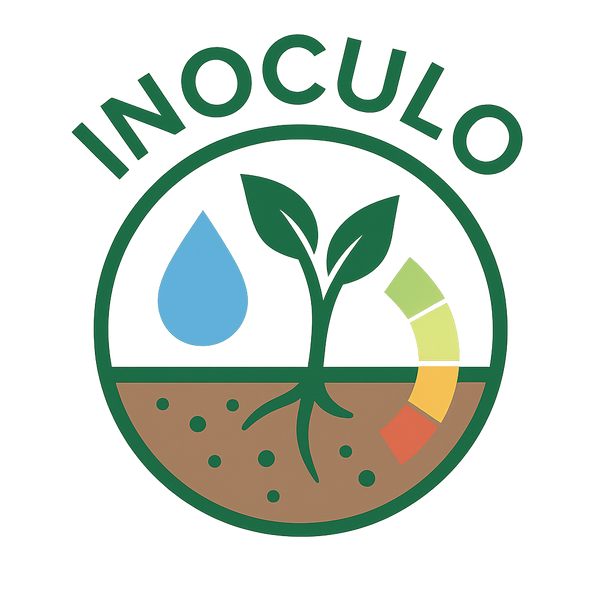What is soil pH and why is it important?
Soil pH is a measurement of the soil’s relative acidity or alkalinity. It is measured on a scale from 1 to 14 where a pH of 7 is neutral, below 7 is acidic and above 7 is alkaline.
The pH of soil can influence the availability of certain nutrients and microbes to plants. Generally, most nutrients are available for plants at a pH of 6.0 – 7.5. Different plants prefer different pH conditions as they use and require due to adaptation those nutrients to thrive.
The pH of your soil is important for many reasons and knowing it can help you make sensible choices for what plants may grow more successfully. Monitoring the pH of your soil can also alert us to the development of certain potential problems. A soil may become more acidic in situations with high use of ammonium-based fertilisers have been used. A soil that has a growing alkalinity status may indicate future salinity problems. So, it is important to understand your soil to ensure you are getting the best from it and for your plants.
For a common example, Camellia spp and Rhododendrons spp traditionally prefer a more acidic soil type; these plants in more alkaline soils may struggle to with growth due to lack of iron and manganese being less bioavailable. This may result in plants failing to grow or produce blooms.
